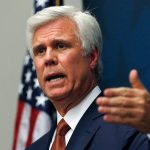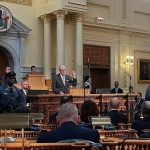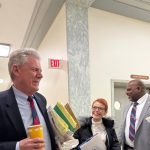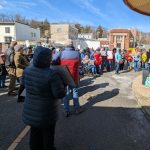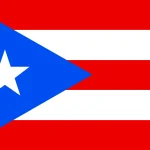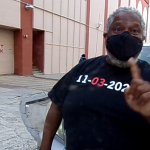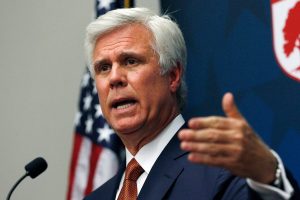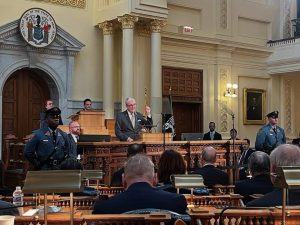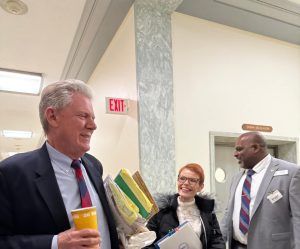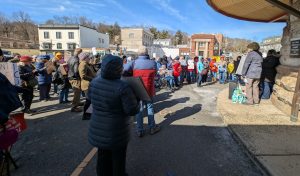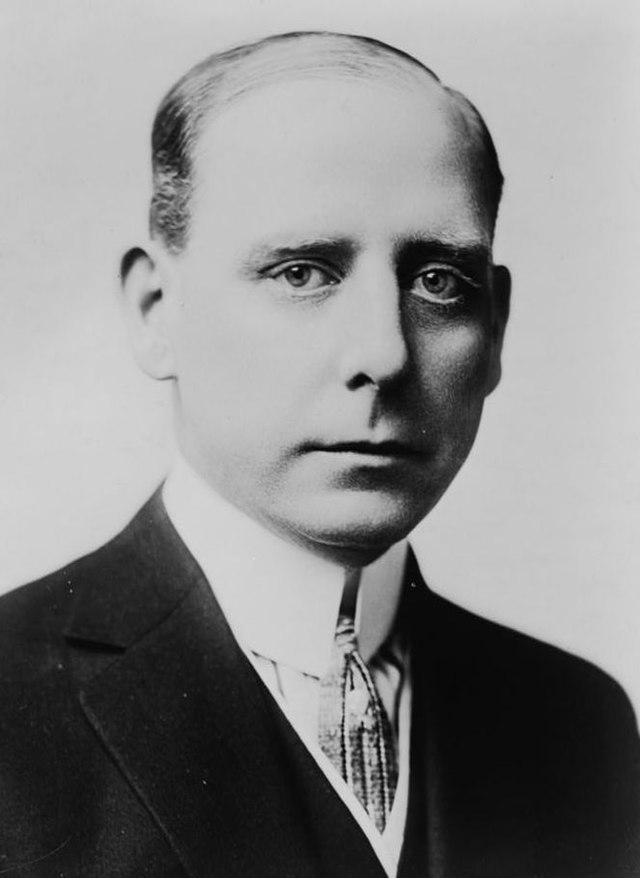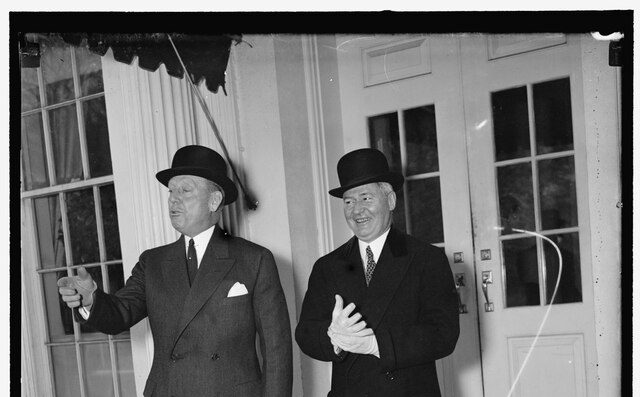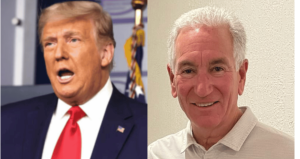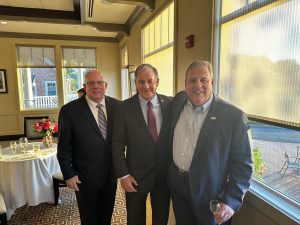The re-election of Mayor Sal Bonaccorso has sparked debate over whether judicial delays inadvertently influenced the outcome of the November 5 mayoral race. Bonaccorso, a Republican who has held office for 24 years, was facing multiple criminal charges but managed to secure another term after a guilty plea agreement was delayed until after the election.
In October, Bonaccorso reportedly reached a deal with prosecutors to plead guilty to charges of misusing township resources, including running a landscaping business and falsifying permit applications. The agreement, if finalized before Election Day, would have led to his resignation and disqualified him from future office. However, the plea was not scheduled by Superior Court Judge Regina Caulfield until November 6, the day after the election. Subsequent rescheduling has pushed the hearing into January 2025.
The delays kept Bonaccorso’s admission of guilt from becoming public before voters went to the polls. He won re-election with 59% of the vote against Democratic challenger Michael Shulman, despite the ongoing legal case.
The judiciary’s handling of the case has raised concerns about the intersection of legal timelines and elections. The initial scheduling conflict, compounded by further postponements, allowed Bonaccorso to maintain his innocence publicly, leaving voters unaware of his pending plea agreement.
Had the plea been entered before January 1, Bonaccorso’s resignation would have triggered an early special election. With the next court date set for January 10, however, any resignation will allow Republicans to fill the vacancy temporarily until a regularly scheduled special election in November 2025.
The charges against Bonaccorso include allegations of official misconduct, a crime that carries a mandatory five-year prison sentence. The timing of the case’s resolution will now determine not only the political leadership of Clark but also whether voters will have a say in selecting the next mayor or if party leaders will appoint an interim successor.
The situation underscores the broader implications of delayed court proceedings on public trust in electoral processes, with Bonaccorso set to begin a new term while the legal case looms unresolved.
